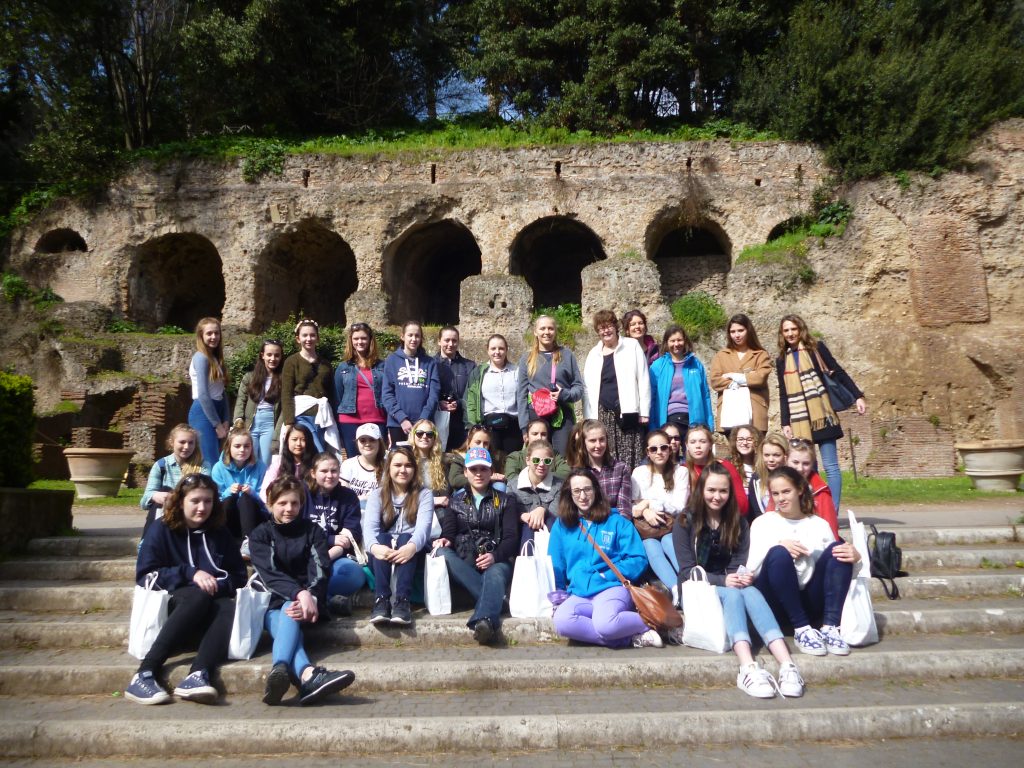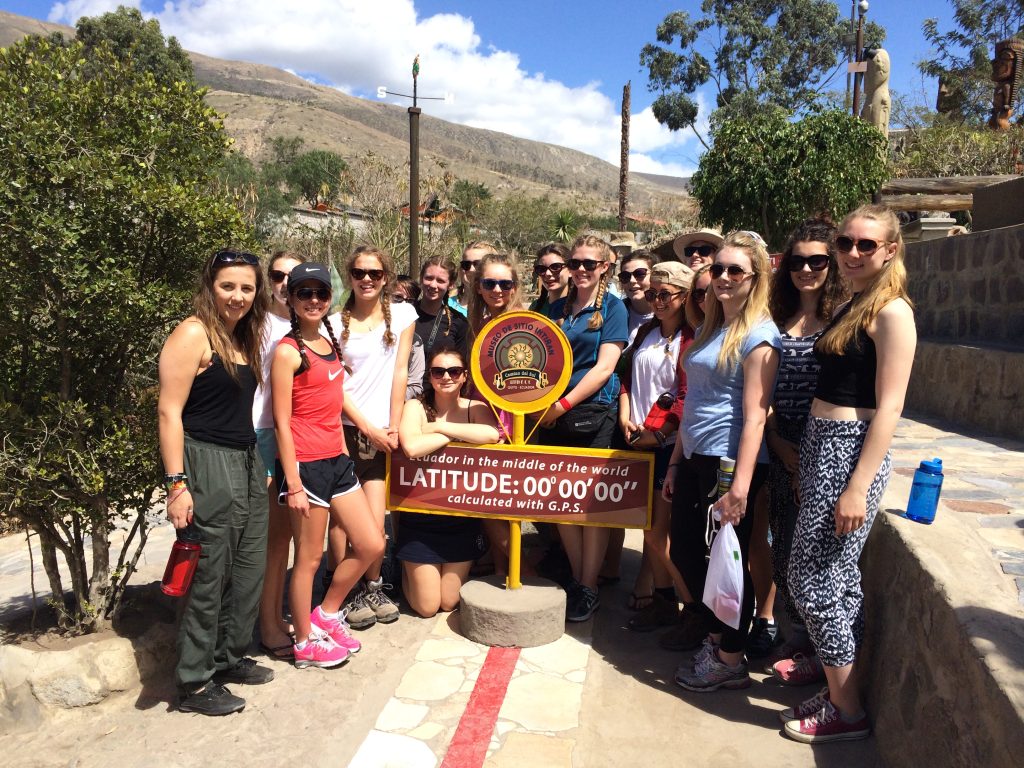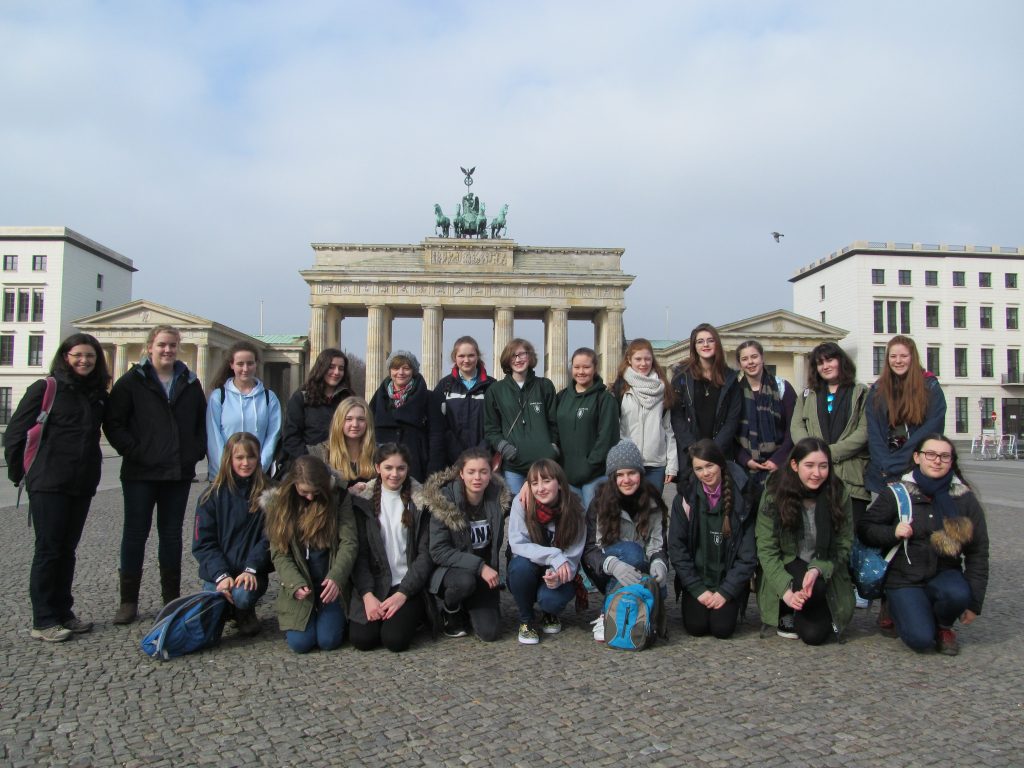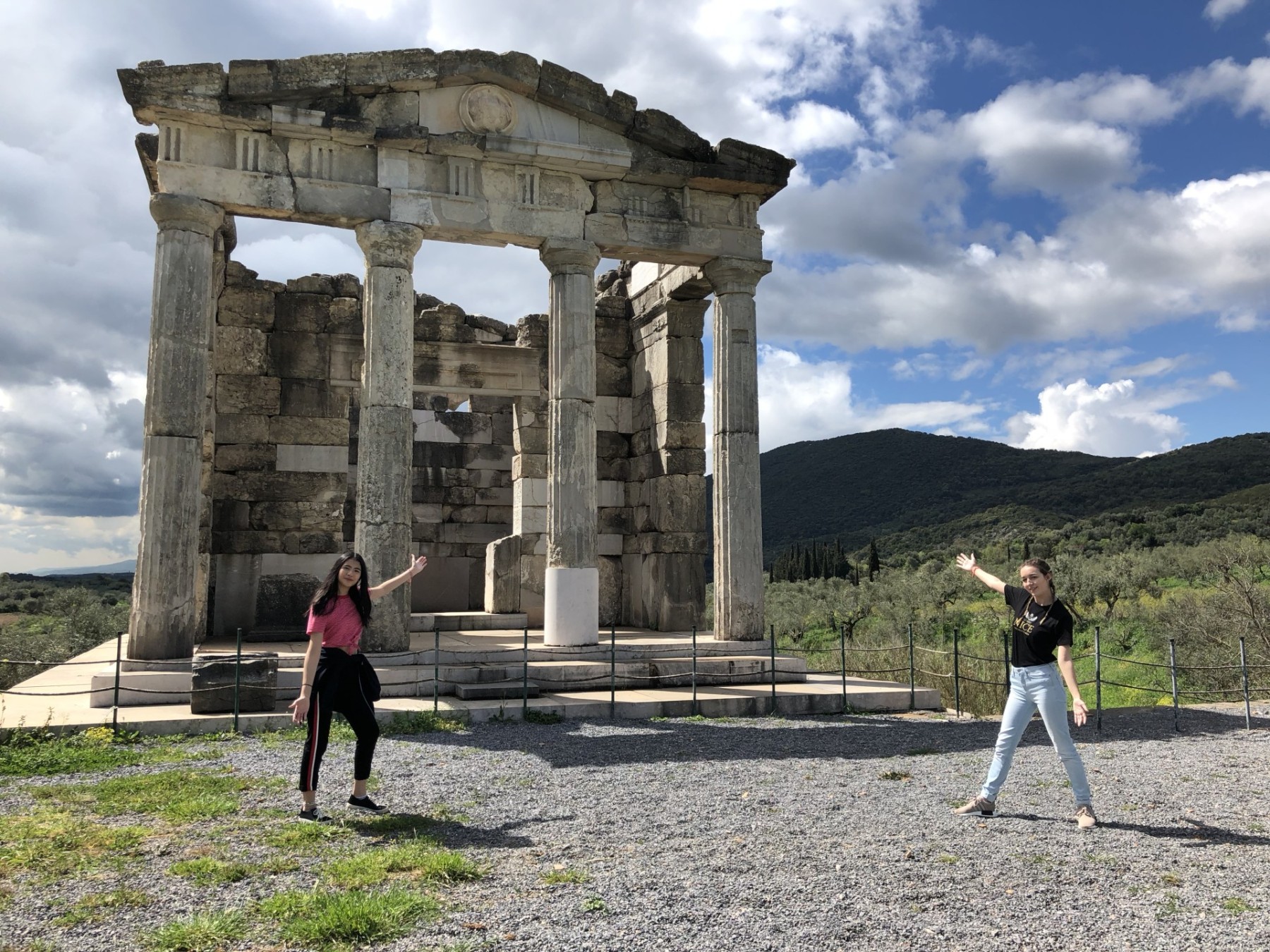Classics
Classics, the study of the literature, language and culture of ancient Greece and Rome, gives students the opportunity to improve their general linguistic ability as well as their understanding of cultures which have had a significant impact on today’s Western civilisation.
All girls study Latin in L4 (year 8) and In U4 (year 9). Girls follow the De Romanis course, which provides both an introduction to the Latin language and Roman culture, including worship of the gods, heroes and Roman festivals.
Having enjoyed their introductory two years students have the opportunity to select GCSE Latin or Classical Civilisation as one of their GCSE options. Students must have completed the first two years of Latin, however no previous study of Classics is required to study GCSE Classical Civilisation. Both offer students the chance to engage in the literature, culture and society of ancient Greece and Rome.
At A Level, girls have the opportunity to develop their study of Latin. Girls may also opt to choose A Level Classical Civilisation, in which both Literature (in translation) and cultural papers are taught. The study of Classical Civilisation at A Level requires no previous study of Classics. Both Latin and Classical Civilisation A Level combine well with a wide variety of other A Levels.
Students’ study of Latin and Classical Civilisation is enriched by a structured programme of co-curricular events such as scholar talks and trips to ancient sites and museums abroad and in the UK.
The study of Classical subjects leads naturally to a large number of university courses, most commonly Classics or the large range of degrees centred on combinations of Classical Studies, such as Ancient History and Archaeology.
nescire autem quid antequam natus sis acciderit, id est semper esse puerum.
“To be ignorant of what occurred before you were born is to remain always a child.”
Marcus Tullius Cicero.




